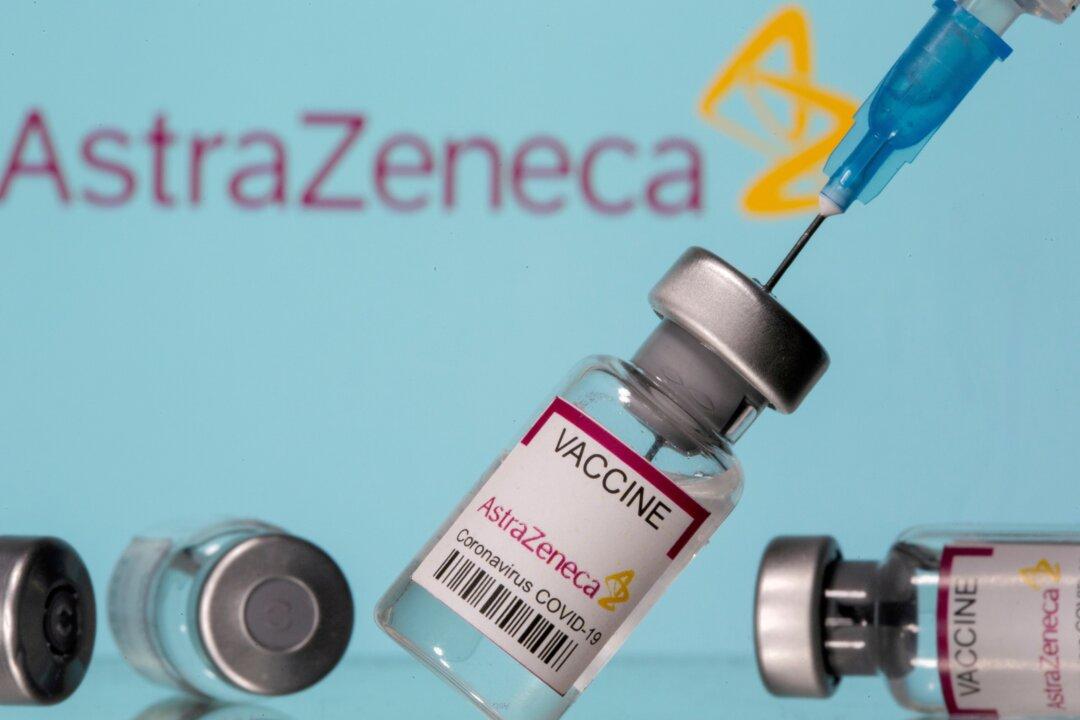Commentary
Australian chief medical officers have embarked on a campaign to rehabilitate the AstraZeneca vaccine as a suitable COVID-19 jab.

Australian chief medical officers have embarked on a campaign to rehabilitate the AstraZeneca vaccine as a suitable COVID-19 jab.